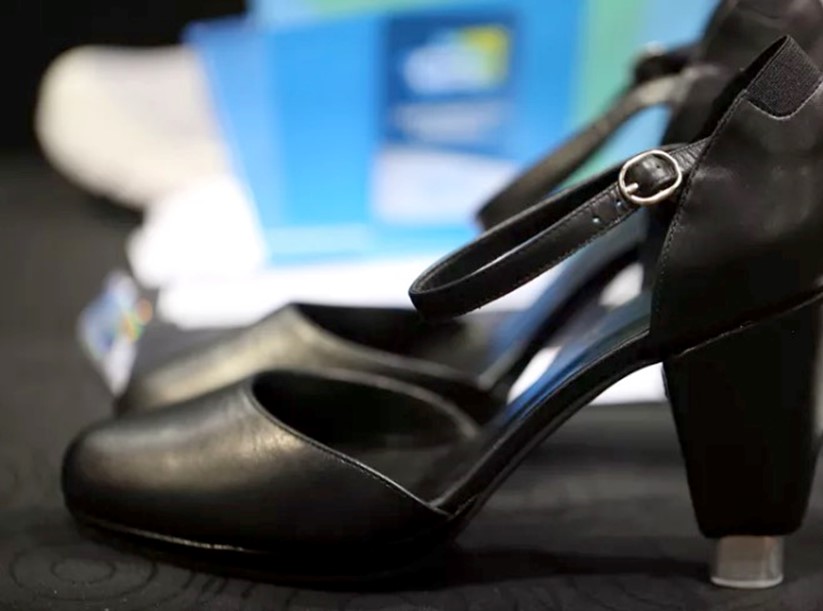Why Family Matters In Cinema
January 13, 2017 in Daily Bulletin

The Force Awakens revealed that its main villain was Leia and Han’s son, Vader’s grandson, and Luke’s nephew. The latest Robin is Bruce Wayne’s long-lost son. Batman chose not to kill Superman because their mother shared the same name. Modern media is all about the family and Nicholas Barber wondered why:
- Adding family drama to something like Star Wars makes it more accessible. We know what it feels like to resent our father. Less so what it feels like to blow up a planet destroying superweapon.
- Culture has become more narcissistic. We think the world revolves around us – and expect the same of the protagonists in our stories.
- Globalization means that it’s difficult to find compelling narratives that don’t offend someone. It’s easy to just make the villain a member of the family.
- And then there’s just lazy screenwriting. It’s easy to raise the stakes and add a touch of drama by throwing in some shared genes into the mix.
Read more on 1843.









Join the Discussion! (No Signup Required)